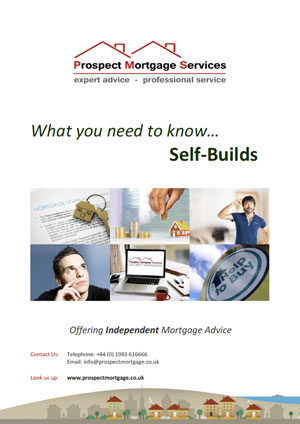Estimating the actual build cost of a project is usually the best place to start in project planning. Arriving at this initial figure will enable you to:
- Decide if the project is worth pursuing at all
- Work backwards to decide how much money is available to buy a plot of land
- Calculate how much money may need to be borrowed
- Get an idea of the type of house that can be built within budget
The main factors that will affect build costs are:
- Type of construction, traditional (masonry or timber frame) or specialist
- Choice of materials, the number of bespoke or design items involved in the build (together with their overall quality) will have a considerable effect on cost
- Where it is, the costs of materials, labour and equipment can vary widely depending on geographical location
- Size, economies of scale can often apply
- Site conditions, contaminated ground, a steep slope or problems with access can be expensive
- The number of specialist contractors to be employed
The Architect
Most self-builders appoint a qualified and experienced architect to act on their brief and design the house. An architect can often effectively coordinate a whole project by negotiating and advising on statutory requirements such as planning permission and buildings regulations approvals
The architect will also be able to:
- Inspect and certify the building work as well as provide guidance on costs
- Advise if you need to employ other specialists (for example, engineers or surveyors)
- Help to find appropriate people to undertake the construction work.
Properly qualified architects are shown on the public register held by the Architects Registration Board (ARB) and you are advised to check this register before making an appointment. Go to the Architects Registration Board website www.arb.org.uk to find out more.
Project planning – other costs to remember
These will include:
- The cost of buying the land
- Professional fees – Typically incurred from an Architect, Planning Consultant, Bricklayer, Electrician, Engineer, Ground-workers, Joiner, Material Suppliers, Plasterer, Plumber
- Surveyor and a Solicitor
- Borrowing costs (including mortgage set up costs and repayments)
- Insurances
Reclaiming VAT
New houses are zero rated for VAT, which means that self-builders can reclaim most (but not all) of the VAT that they incur during the build. All reclaims are handled by HM Revenue and Customs (HMRC) and it is essential that an applicant read and understand the rules surrounding VAT reclaim. Claims need to be made within strictly observed time limits.
Your home may be repossessed if you do not keep up repayments on your mortgage.



